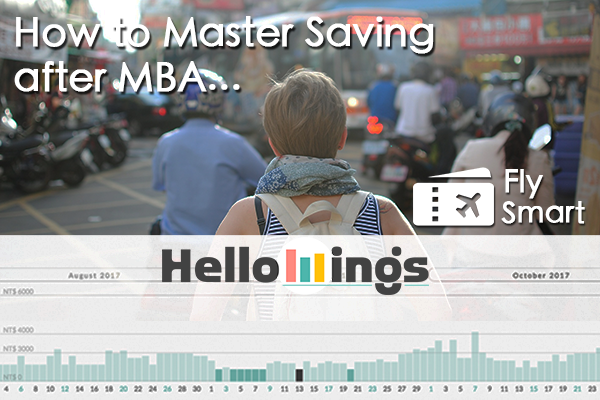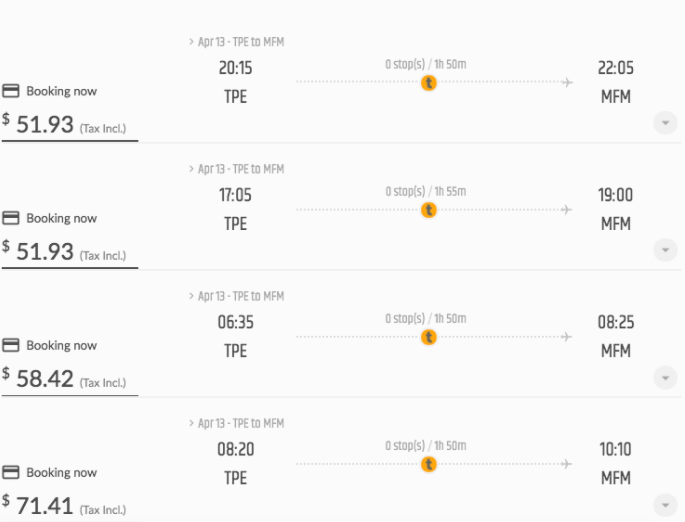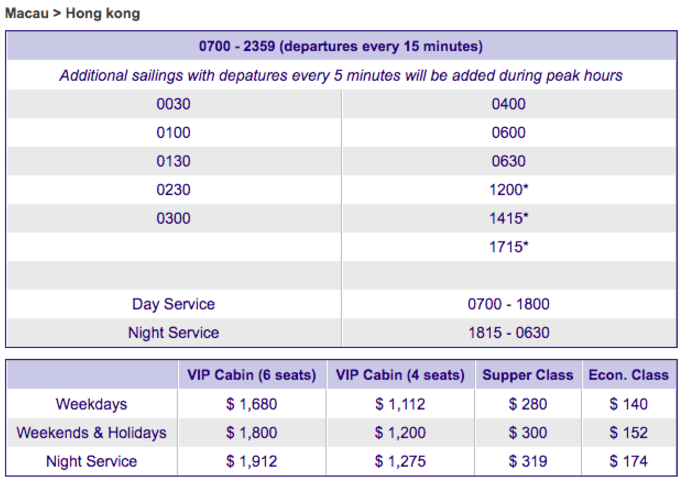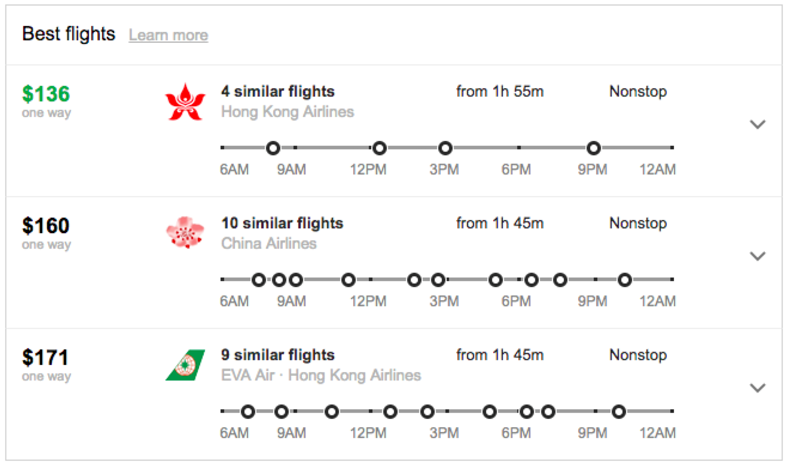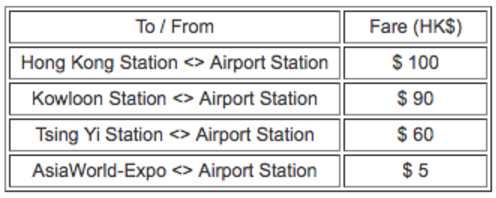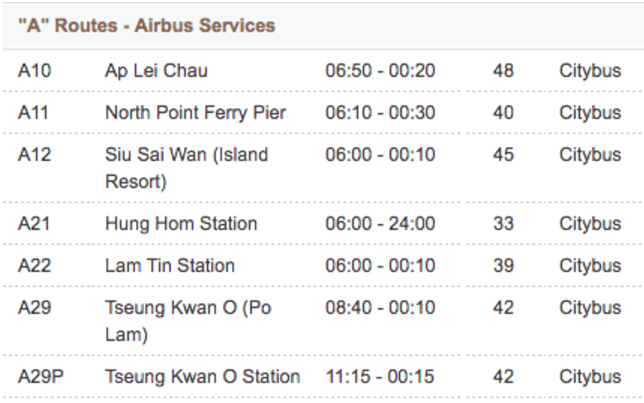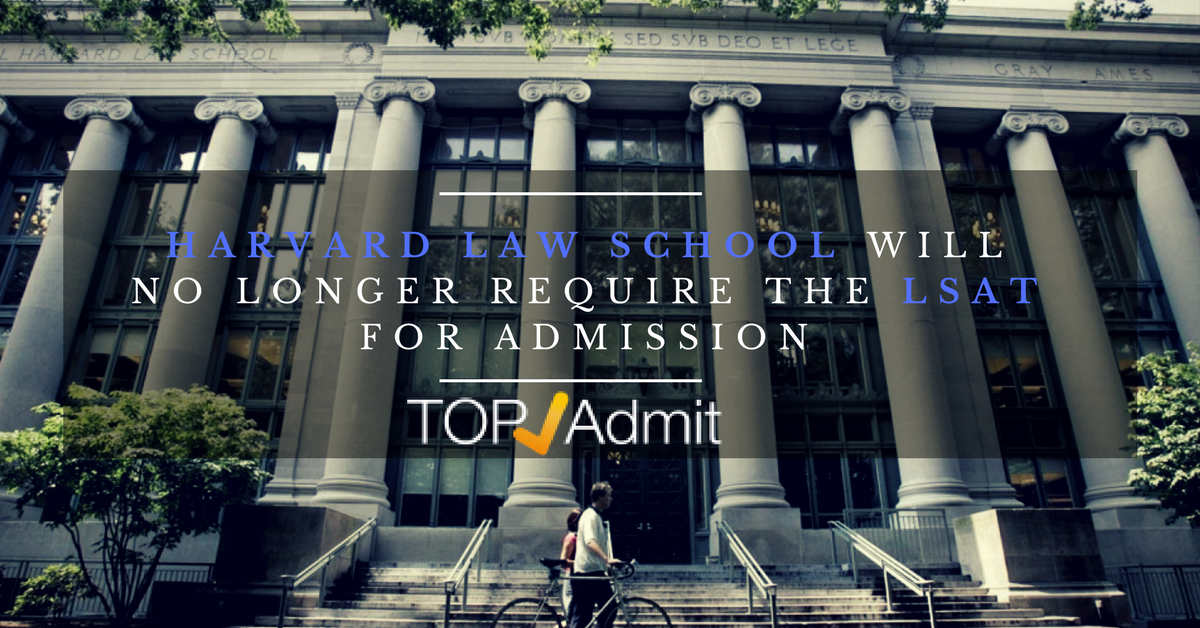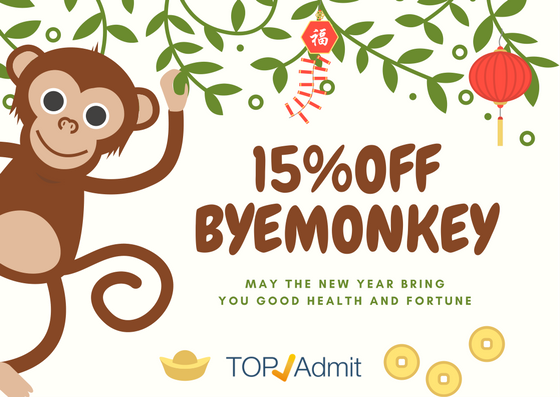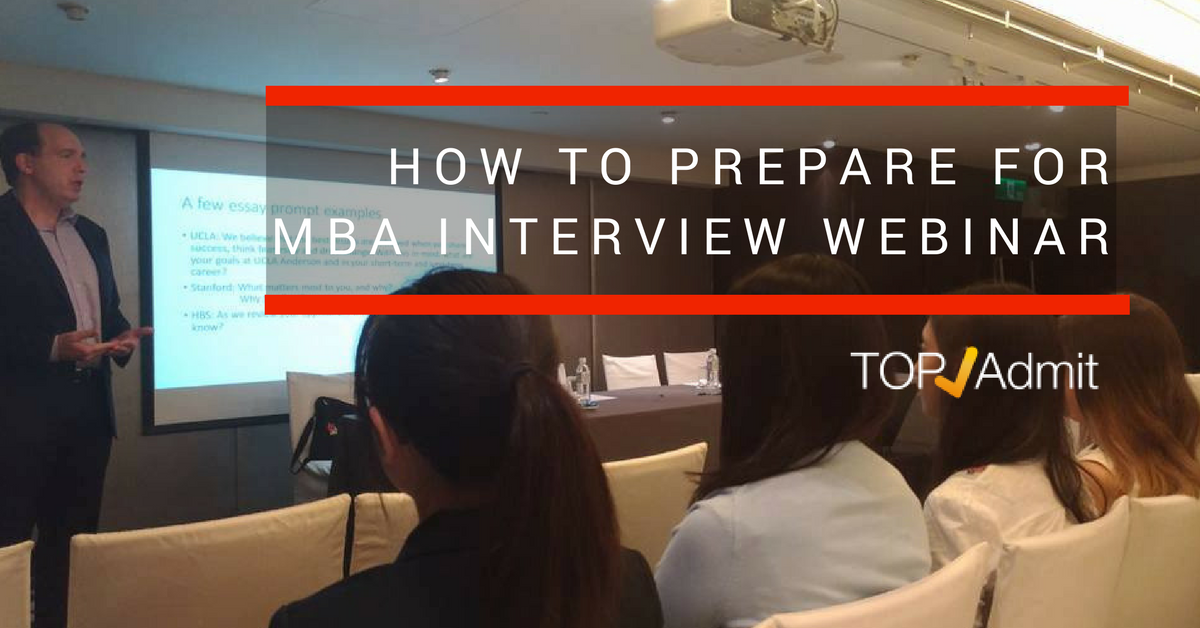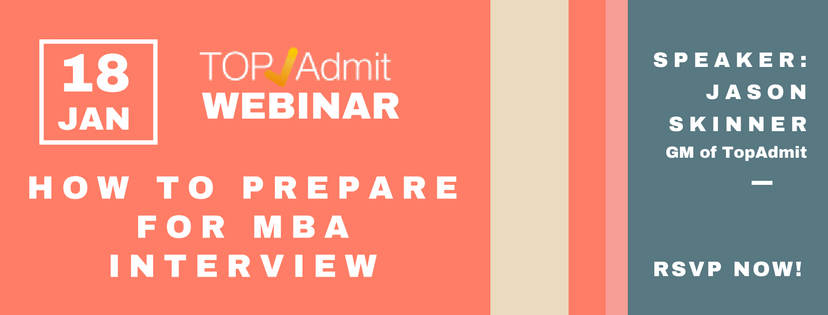Starting this summer, many of our subscribers will be heading off to grad school. Congratulations are in order, but this is only the beginning of your journey! Take a peek at an experienced academic’s advice for postgraduate success. (Also applicable in many other areas of life!)
By the way, if you are still thinking whether to take the grad school. plunge, Jason will be happy to talk with you. (linked text: www.essayapp.co/free-mba-consulting-session.html)
Top ten
1. Remember: there are no non-professional interactions.
2. Fundamentals matter. Practice your talks until they flow. Do some editorial work. Volunteer. Wear clean clothes. Update your software. Eat. Sleep. Take showers. Laugh. Love. Don’t obsess over the university—explore your city or town. Make friends everywhere. Eat cupcakes.
3. Figure out what you stand for politically. Be prepared to speak up.
4. Value loyalty over cool or influence. Make friends with people who care about your ideas and your well-being. Bleed for your friends and allies.
5. Do not work with anyone whose first desire is to burn things down. Eventually, they will.
6. Try not to get lost in departmental/teaching politics.
7. Always say “thank you.” And always be “nice.” Until, of course, it is time not to be nice. Insisting on politeness—at least at first—isn’t about suppressing dissent. It is about recognizing that no one wins in the long term when everyone starts every conversation by shouting. Anger only nets short-term gain and inhibits long-term goals.
8. From the moment you arrive, start thinking about the book you are going to write. No matter how daunting it seems, mess around with titles, and tables of contents, and story-lines. Think about archives and methods. Get in the habit of talking about it. Don’t be worried if, at first, you don’t know what you are doing. Choose a book that you can research and write well within five to six years. Don’t choose a topic so obscure that only a handful of people care about it. Don’t choose a topic so broad that it can’t be finished. Search for something that appeals to you and that connects with bigger issues. So choose wisely and be excited.
9. Learn how to say “no” politely and firmly. And do so often. But also learn how to say “yes.” Learn how to recognize when someone has gone the extra mile to extend an invitation to you, to introduce you to someone, and say “yes” as a sign of respect.
10. Take teaching seriously. Watch great teachers in the classroom. Ask them questions. Ask them to explain. Audit an undergraduate class. Draft syllabi, but don’t be weird about it. Talk to your comrades about what you’ve seen work in the classroom. Treat the discussion of teaching with as much seriousness as you do the discussion of the latest, coolest essay or book you’ve all read.
The rest
11. Write every day, without editing, for at least half an hour. Write at different scales—close readings, blog posts, project proposals, breezy op-eds, dense histories—and at different paces. Revise your CV—experimentally, trying on different formats and fonts—every single week. Treat your table of contents as a poem; don’t rush it, craft it, agonize over every comma, every gerund, every syllable. Join an ongoing writing group, and prioritize the writing and reading for that group. Take proofreading seriously. This means reading everything out loud, so that your ear can be your editor. It means running spell-check. It means leaving yourself enough time to do these things well.
12. When faced with qualifying exams/defenses/other rites of passage, do not listen to people who ask: “Do you think you’re going to pass?” Tell them to shut up.
13. Learn how to craft and control the narrative of your career, from the presentation of your CV to web pages to wardrobes to public performances. This means learning how to distinguish between the truly impressive and the superficial.
14. Never ask for a letter of recommendation without giving at least two week’s notice, a fresh copy of your CV, and whatever is being proposed. Accept responsibility for bugging your writer about the due dates and details.
15. Know the difference between criticism and critique. Do the latter. Posing and showboating is fine. Humility is fine, but not the norm. Hollow criticism is the thing you need to learn to hate. Know your shit. Do the reading. Trace the argument outward. Understand the stakes of every book, every essay, you encounter. Think harder. Applause is cheap.
16. Read blogs from professionals in your general area. Consult them alongside newspapers and academic journals and press catalogs. Develop reading habits. Consume information and analysis as if they were food.
17. Back up everything you have ever written every day. In the cloud and locally.
18. Know this: there is really only one question at job talks and conferences and grad student get-togethers: “Your work is interesting. How does it relate to mine?” So do your homework. Know what people care about.
19. There is a lot of concern about what comes after. You can always say “no.” There are other things to do in life. Lingering on and on as an adjunct is not a good life. Don’t do it. Move along. Don’t assume there will be an academic job waiting for you; and don’t assume that there won’t be one, either.
20. People will treat you like crap all the time. They will ignore you, or try to hurt you, or even try to ruin you. If what they are doing is illegal, don’t be silent. Do what must be done. If what they are doing is merely cruel, just remember, and don’t be that person. And mobilize for a better world.
21. Learn to value idiosyncratic behavior. Our tribe is very weird. Study them. Classify them. Make distinctions between, say, people who think your work is genuinely good regardless of who you work with vs. people who think your work is good only because you work with this person or that person vs. people who think your work is bad but won’t say anything because you work with one of their friends vs. people who are not willing to recognize that your work is good because you work with this other person vs. people who have no filter and say that your work is shit.
22. Understand that academia, like any other industry, will exploit and discard its workers to the extent it is able. So know what an “alt-ac” is, and recognize what is going on with adjuncts. Don’t imagine that “they” are not “you.” Imagine a future in which you might be off the tenure-track, and work to make that future better.
23. Learn how to tell the difference between those faculty who will help you get things within the context of your department/your university, and those faculty who will help you do the same thing while also teaching you how to get these things on your own.
24. Learn how to apply for extra-departmental funding. And do it. There is no better way to organize your thoughts than having to explain them to readers from outside fields. And, in many places, the generation of outside support is a crucial metric.
25. Do not take career advice coming from people who checked out of academia years ago.
26. Be social media savvy—and polite: it’s great to circulate news about your own work, but make sure you’re promoting and sharing the work of friends and colleagues too. Practice intellectual and professional generosity as part of your participation in the broader community.
27. Build a community around you that has a group of people who are not in graduate school. Among other things, their distance from your day-to-day struggles with graduate school life will help you maintain a healthy balance regarding your social life, sanity, etc.
28. No advice list is complete or all-encompassing, of course. So talk to others. Make your own choices.
29. Don’t trust the hype—good or bad—about academe. Investigate for yourself how many adjuncts are employed at your university, and find out how they are treated. Don’t think that administrators are evil, because most are awesome. Get to know your students before you decide that they are too rich, too spoiled, or too stupid to learn.
One last thing
30. Finally, write your own list. Don’t just copy this down. Edit it. Disagree with it. Improve it. Print it up. Put it on the fridge. Argue about it. The point of any such list isn’t to give you a pathway; it is to help you find your own.
Credit: This post originally appeared on Matthew Guterl’s website.

